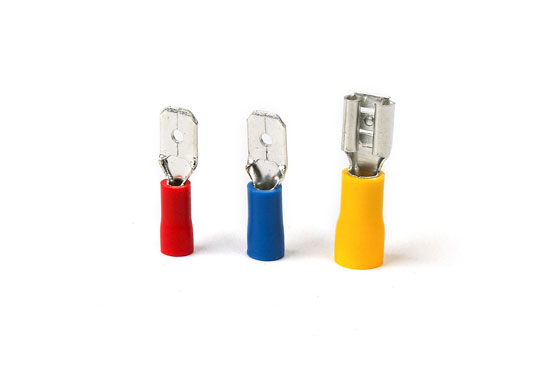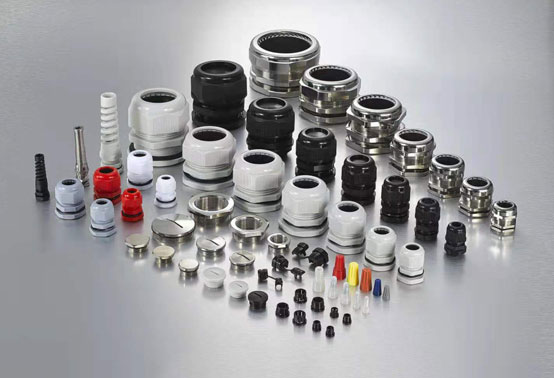Tel
0577-62795555
Tel
0577-62795555
In the realm of cable management and fastening solutions, nylon cable ties stand as an indispensable tool. These versatile and reliable ties play a crucial role in securing cables and objects in various industries. Have you ever wondered about the process behind their creation? In this blog, we'll take you behind the scenes of nylon cable tie manufacturing, exploring the production process, materials, and the impact these ties have on different sectors.
The manufacturing process begins with the selection of high-quality raw materials, usually nylon 6/6. This nylon is known for its durability, resistance to chemicals, and overall reliability, making it an ideal choice for cable tie production. The selected nylon material undergoes an extrusion process to create long strips. These strips are then cut into specific lengths, and the cut pieces are formed into the distinctive shape of cable ties using specialized molding equipment.
Molding is a critical step in nylon cable tie manufacturing. The nylon material is injected into molds under controlled conditions, ensuring that each cable tie is formed with precision and consistency. Stringent quality control measures are in place throughout the manufacturing process. Cable ties undergo checks for dimensional accuracy, tensile strength, and resistance to environmental factors to ensure they meet industry standards.
In the electrical and electronics industries, reusable nylon cable ties are used to secure wires, cables, and components. Their ability to resist heat and chemicals makes them suitable for diverse electrical applications. Nylon cable ties find application in the automotive and aerospace sectors, where they secure cables, hoses, and components. Their durability and resistance to vibration contribute to the reliability of these industries.
As environmental concerns grow, nylon cable tie manufacturer is exploring sustainable materials. Biodegradable nylon or recycled nylon are being used to reduce the environmental impact of cable tie production. Manufacturers are also adopting energy-efficient manufacturing processes to minimize their carbon footprint. Efficient machinery and practices contribute to a greener production cycle. Nylon cable ties simplify cable management, helping organize and secure wires, cables, and hoses. Their use reduces clutter and makes troubleshooting and maintenance more efficient. Securely fastened cables prevent tripping hazards and reduce the risk of accidental disconnections. In industrial settings, proper cable management with nylon cable ties contributes to a safer work environment.
The journey of nylon cable tie manufacturing takes us from raw materials to versatile fastening solutions that impact various industries. The precision and consistency in production, combined with their diverse applications, showcase the crucial role these ties play in modern infrastructure. As manufacturing trends evolve to embrace sustainability, we can expect even more eco-friendly and efficient production methods that align with the global emphasis on responsible manufacturing.



